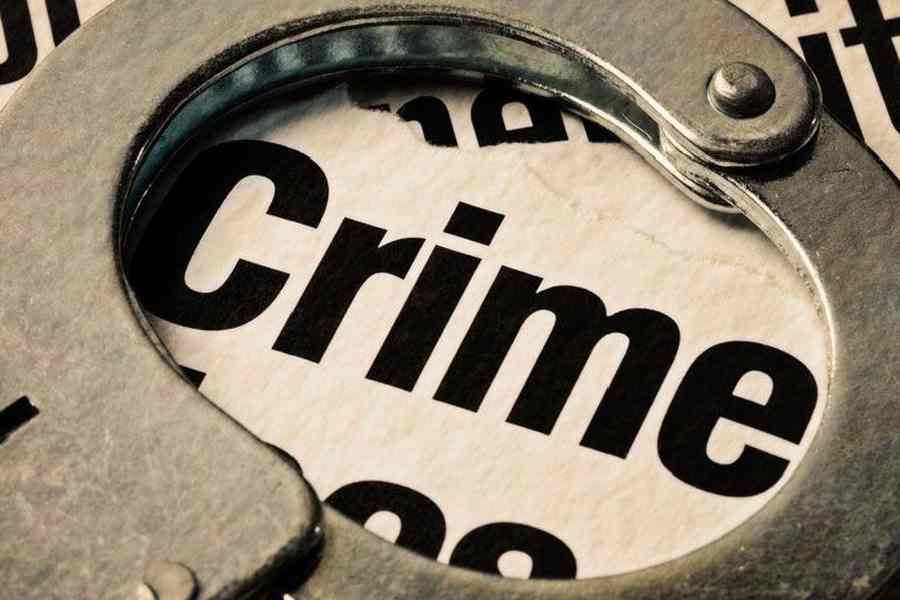A report released by the Association for Democratic Reforms, a non-governmental organisation working in the field of electoral reforms, brings to light an alarming phenomenon that has permeated the Indian political landscape. The report found that 20% of candidates who contested the 18th Lok Sabha elections had criminal cases pending against them and 14% of the candidates were implicated in serious crimes. Astonishingly, a candidate without a criminal record has only a 4.4% chance of winning whereas a history-sheeter has a 15.3% chance of emerging triumphant in elections. The data point to two things: one, political parties continue to give electoral tickets to alleged criminal offenders and, two, that Indian voters trust a tainted candidate more than one innocent of crime.
Multiple factors can be attributed to explain this anomaly. First, elections have become an extravagant and fierce affair: the 2024 Lok Sabha polls were estimated to be the costliest electoral event in the world with an estimated expenditure of 1.35 lakh crore. Parties are thus more inclined to nominate candidates with deep pockets, often favouring offenders who possess the financial means to secure victory through any means. Second, the failure of the State machinery to provide basic amenities has eroded the people’s faith in the former’s ability to bring about meaningful changes. Third, the practice among political parties of nominating such crooks has been normalised to such an extent that criminals are often seen boasting about their criminal past, let alone concealing it.
Law-breakers donning the hat of law-makers has perilous repercussions for a democracy. It strikes at the very heart of what a democracy stands for — the liberty to choose a representative and a fair chance to contest elections. When politics gets mired in threat and coercion, a citizen casts his/her vote under constant fear of violence and is also precluded from a fair chance of competing in the polls. Most criminals entering politics are self-seeking individuals; they cannot be trusted to make laws for the country’s upliftment. Law-enforcing agencies of the State, particularly the police, are also rendered toothless when a criminal-turned-politician hampers the justice-delivery mechanism.
The criminalisation of politics has been addressed by multiple, high-level committees. Some of their suggestions merit attention. The N.N. Vohra Committee report (1993) proposed the setting up of an independent nodal agency to collate information regarding crime syndicates operational in India. The National Commission to Review the Working of the Constitution (2002) recommended that individuals charged with serious offences should be permanently barred from contesting for office. The Second Administrative Reforms Commission Report on Ethics in Governance (2007) emphasised the need to expedite the disposal of cases involving politicians and argued for the creation of fast-track courts. The 244th Law Commission of India’s report (2014) recommended that the framing of charges by a competent judicial body under adequate scrutiny should be enough to trigger the disqualification
of a candidate.
Despite these comprehensive suggestions, Indian politicians have not shown any inclination towards acting on them. What is more appalling is the lackadaisical attitude of the Indian voters. Even after political parties started publishing criminal records of candidates on their websites as per the Supreme Court’s directions, voters continue to ignore the information. The electorate needs to be made aware of the serious implications that the criminalisation of politics has for our democracy. The unholy nexus between criminals and politicians will continue to thrive until voters become perspicacious in this regard.











